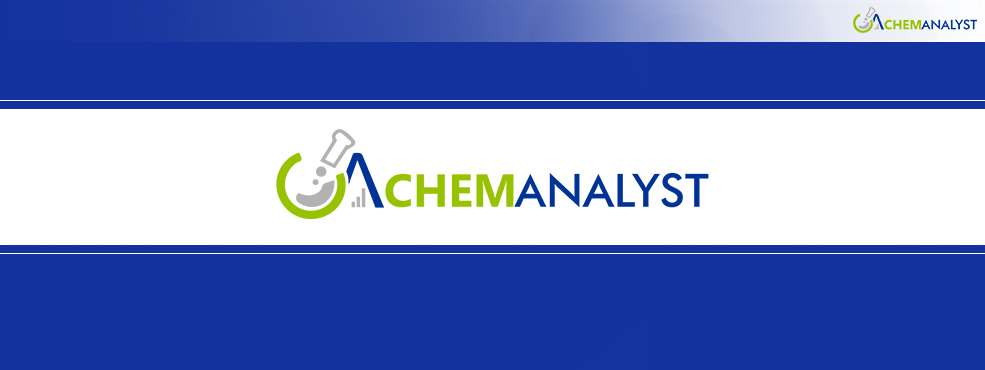Welcome To ChemAnalyst

BSM launches methanol bunkering simulator in India, expands training for alternative fuels, preparing seafarers for a low-carbon maritime future.
In a significant step towards maritime decarbonisation, Bernhard Schulte Shipmanagement (BSM) has unveiled its inaugural methanol bunkering simulator at its Maritime Training Centre in Kochi, India. This advanced simulator was developed in collaboration with maritime technology expert Wärtsilä. The cutting-edge training system is designed to equip seafarers with the essential skills and safety protocols required for handling methanol as a marine fuel. As part of a broader strategy to align with the shipping industry's transition to low- and zero-carbon operations, BSM plans to introduce an ammonia bunkering module by early 2026.
This initiative underlines BSM’s commitment to future-proofing maritime training and ensuring that seafarers are ready to operate the next generation of eco-friendly vessels. According to BSM CEO Sebastian von Hardenberg, successful maritime decarbonisation relies not only on innovative technologies but also on the capabilities of crew members to operate them safely and efficiently. "The human factor is fundamental to the energy transition," he noted.
The Kochi simulator represents just the initial phase of BSM’s global training expansion. By the end of 2025, BSM will deploy two more methanol simulators at its training centres in Poland and the Philippines, thereby significantly expanding global access to specialised training on alternative fuels. Additionally, a dedicated ammonia training system will be incorporated into the Kochi centre in early 2026, complementing BSM’s existing LNG training modules. This will give BSM a full suite of simulation capabilities across the three major alternative fuels—LNG, methanol, and ammonia—central to maritime decarbonisation.
BSM’s investments reflect its proactive approach to managing methanol-fuelled vessels, which the company is set to start handling this year. As the global methanol-fuelled fleet grows—from approximately 60 vessels currently in operation to more than 350 expected by 2030—BSM is taking necessary steps to ensure its crew is adequately prepared.
“The maritime sector is heading toward a multi-fuel reality,” said Capt. Gurpreet Singh, BSM's Group General Manager for Training and Development. “This simulator will offer our seafarers a highly realistic, risk-free learning environment, essential for understanding the technical and safety complexities of methanol and, soon, ammonia bunkering operations.”
Wärtsilä’s Director of Simulation and Training, Johan Ekvall, echoed this sentiment, stating, “Our simulator offers an authentic and technically accurate setting to ready seafarers for green fuel operations.”
To further strengthen expertise, BSM is also investing in trainer development. In April, its instructors participated in the IMO and WMU’s inaugural Train-the-Trainer course on alternative fuels in Shanghai. These efforts ensure BSM’s training programmes align with international standards, particularly the IMO’s IGF Code.
The Wärtsilä TechSim 5000 simulator, built on the TechSim 9 platform and certified by ClassNK, includes dual bunkering stations, real-time tank monitoring, 3D visualisation, integrated automation systems, nitrogen and fuel valve systems, and emergency response scenarios, offering comprehensive hands-on learning for safe methanol use.
We use cookies to deliver the best possible experience on our website. To learn more, visit our Privacy Policy. By continuing to use this site or by closing this box, you consent to our use of cookies. More info.
